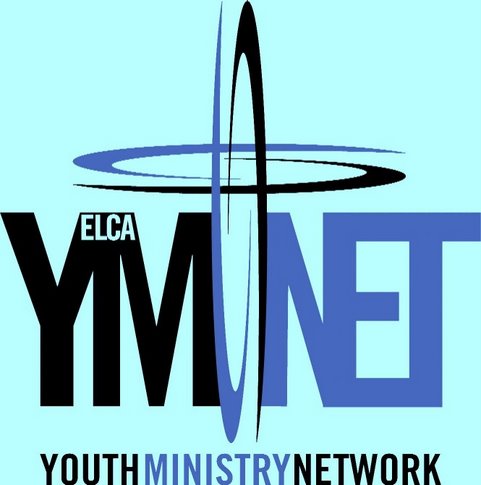Take a few moments to respond to all or some of these questions/ thoughts. Then take some time to respond to the comments left by your colleagues. We will move on to Part 2 on Friday January 12th.
- One of Lytch's presuppositions is that their has been a societal shift to individualism and autonomy. This leaves her to conclude that "Teens, as individuals, choose their faith" (p. 5). But is this true? Do we choose our faith?
- On page 9 Lytch says "The tradition was not just imprinted on them. They negotiated with it and explored its boundaries and elasticity. In doing so, teens experiences the religious tradition as vital and life-shaping." How have you experienced the youth your work with negotiated and stretching the tradition in helpful ways? Has the church resisted or engaged these negotiations?
- Also on page 9 Lytch talks about the things that grab the attention of our youth. . . "It is the deeper, more universal things that congregations offer through a variety of means that attract teens: a sense of belonging, a sense of meaning, and opportunities to develop competence." How does this jive with your own experiences? What things do you see attracting young people to your congregation?
- On page 10 Lytch discusses the importance of both socialization and religious experience. Would you say your congregation emphasizes one over the other? If so, which one, how and why? Or, do you integrate the two? If so, how do you do this?
- How are the congregations in Part 1 similar and different from your own congregation?
- Lytch's primary research question was "What most influences what teens believe about God and how they practice their faith?" on page 24. She diagrams the responses she got on the same page. Noticeably, God (Holy Spirit) is not present on the diagram. What role might the spirit play in the faith of a teen and his or her choice of religion, church, etc.
- Pages 27-44 describe the three components of congregations that attract teen participation. Are these short-sighted? Any good youth service agency whether Christian, secular, Jewish, etc. should be able to list these three components as key strategies to what they do. What does the Christian church have to offer along with the three Lytch lists to our youth today?
- Lastly, how are the youth in your congregation involved or isolated from worship?
Thanks for taking the time. Have fun with these and with one another.
God's peace.
Jeremy



No comments:
Post a Comment